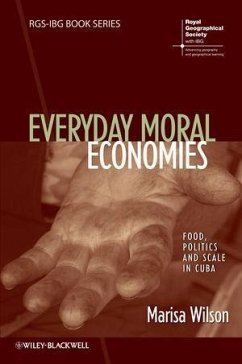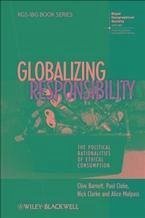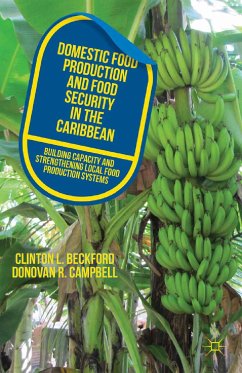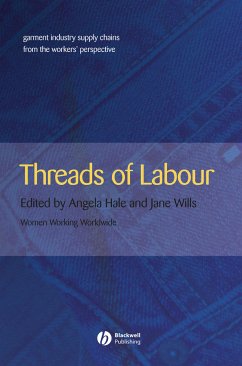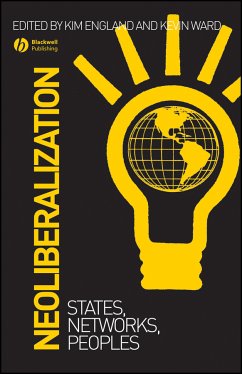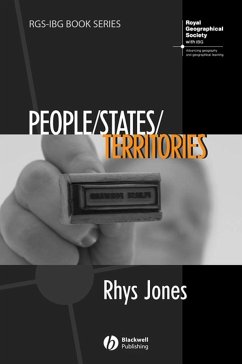
Value Chain Struggles (eBook, PDF)
Institutions and Governance in the Plantation Districts of South India
Versandkostenfrei!
Sofort per Download lieferbar
25,99 €
inkl. MwSt.
Weitere Ausgaben:

PAYBACK Punkte
0 °P sammeln!
Adopting a 'global value chain' approach, Value Chain Struggles investigates the impact of new trading arrangements in the coffee and tea sectors on the lives and in the communities of growers in South India. * Offers a timely analysis of the social hardships of tea and coffee producers * Takes the reader into the lives of growers in Southern India who are struggling with issues of value chain restructuring * Reveals the ways that the restructuring triggers a series of political and economic struggles across a range of economic, social, and environmental arenas * Puts into perspective claims a...
Adopting a 'global value chain' approach, Value Chain Struggles investigates the impact of new trading arrangements in the coffee and tea sectors on the lives and in the communities of growers in South India. * Offers a timely analysis of the social hardships of tea and coffee producers * Takes the reader into the lives of growers in Southern India who are struggling with issues of value chain restructuring * Reveals the ways that the restructuring triggers a series of political and economic struggles across a range of economic, social, and environmental arenas * Puts into perspective claims about the impacts of recent changes to global trading relations on rural producers in developing countries
Dieser Download kann aus rechtlichen Gründen nur mit Rechnungsadresse in A, B, BG, CY, CZ, D, DK, EW, E, FIN, F, GR, HR, H, IRL, I, LT, L, LR, M, NL, PL, P, R, S, SLO, SK ausgeliefert werden.



